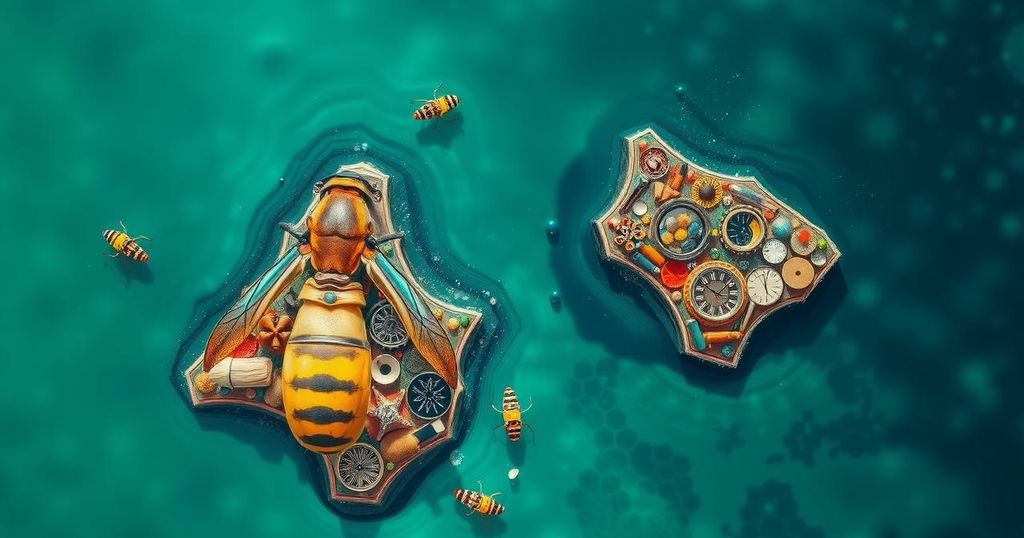Seychelles and Kenya are collaboratively developing a national biological risk assessment tool through Project 99, with a workshop currently underway involving experts from health and agriculture sectors. This initiative aims to identify potential biological threats over the next five years, bolstered by support from the European Union and the United Nations. The program emphasizes a comprehensive approach, recognizing the interconnected health of humans, animals, and the environment.
A collaborative initiative named Project 99 is enabling experts from Seychelles and Kenya to develop a national biological risk assessment tool tailored for identifying critical areas that may require targeted assessments in the event of biological incidents. A workshop currently underway at the Savoy Resort and Spa in Beau Vallon brings together 30 specialists from various sectors, including health and agriculture, this five-day session aims to enhance both countries’ preparedness for biological threats, which include zoonotic diseases and environmental hazards.
This endeavor is underpinned by the European Union’s CBRN and Centres of Excellence Project 99, designed to bolster biological risk management capabilities across Eastern and Central African nations. In light of ongoing developments that may introduce new risks, such as chemical, radiological, or biological threats, the participating experts are tasked with mapping potential biological risks over the next five years.
Seychelles’ representative, Dr. Jimmy Melanie, articulated the importance of this initiative by stating, “This training will help us map our risks, as we can see there is so much development happening that risks can be chemical or radiology or even biological.” The workshop is focused on mitigating biological risks, including identifying illnesses in animals that pose health threats to humans and considering toxins and pathogens that might emerge from plants and other sources.
Previously, the experts participated in a training session held in Nairobi, Kenya, which laid the groundwork for the biological risk assessment tool. The collaborative project is set to extend until 2026, with expectations that by the conclusion, experts will be better equipped to provide authorities with a comprehensive list of anticipated biological risks. Funding for this initiative is attributed to the European Commission, with support from the United Nations Interregional Crime and Justice Research Institute (UNICRI).
At the workshop’s conclusion, participants will have developed skills to ascertain anticipated biological threats and risks for the immediate future. Key project expert, Joris Sprokholt, emphasized that much of the gathered information would be invaluable for various stakeholders, including NGOs and veterinary groups, as they strategize against worst-case outbreak scenarios, including the likelihood of a future pandemic affecting Seychelles and Kenya. Sprokholt underscored the adoption of a ‘one health perspective’ in their deliberations to emphasize the interconnectedness of human, animal, and environmental health.
Project 99 is an initiative funded by the European Union aiming at improving biological risk management in Eastern and Central African countries. This project involves collaboration among eleven member nations, including Seychelles and Kenya, to assess biological risks effectively. The ongoing efforts by specialists from various fields to identify potential biological incidents are crucial for enhancing national preparedness against health threats stemming from zoonotic diseases, environmental concerns, and agricultural challenges. The incorporation of a risk assessment tool serves to systematize responses to biological incidents.
Project 99 represents a significant step towards enhancing biological risk management strategies in Seychelles and Kenya by fostering collaboration among experts from diverse fields. The extensive workshop will empower participants to methodically identify and analyze potential biological risks, culminating in more effective preparedness against future incidents. With ongoing support from the European Commission and UNICRI, the project aims to create a sustainable framework for addressing biological threats in the region, ensuring that policies are in place to protect human, animal, and environmental health.
Original Source: www.seychellesnewsagency.com






